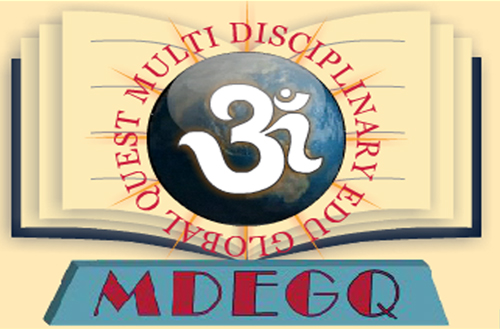Dalit Novel : A Comparative Study of The Stepchild and Untouchable
In recent years, there has been a spurt in Dalit literature in India that attempts to bring to the foreground the experiences of discriminations, poverty and violence being faced by the Dalit community. This unprecedented development is a part of a growing need of the Dalits themselves to articulate their experiences which have for long been silenced and marginalized as unliterary. The present research paper is a comparative assessment of two prominent works- Mulk Raj Anand’s Untouchable and Joseph Macwan’s The Stepchild. The paper examines the portrayal of the dalit community and the hardships faced by them as presented by the two writers.
Anand as a caste Hindu writes as an observer of the complexities of life of Indian Dalit and through his text manages to elicit the pathos and pity for this marginalized community. On the other hand, The Stepchild makes the reader aware of the harsh realities (what Untouchable also does) but also goes a step further to appreciate their indomitable spirit and revere the efforts of the Dalits to assert their individual identity. As compared to Untouchable, The Stepchild represents the emerging genre of the Dalit novel. Today, Dalits are both asserting their identity and challenging a society that had earlier excluded them, by writing about themselves. The Stepchild- or Angaliyat as the Gujarati original is called- is about marginalization, oppression and injustice. Set in the pre- independence years, it presents a fairly vivid picture of the harsh realities of the lives of Dalits, whose position in the Indian society has not improved even much after more than sixty years of independence and progress.
